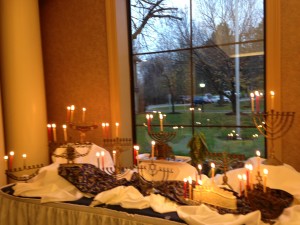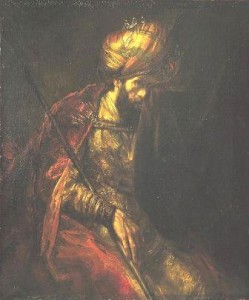Anthropologists for Dialogue on Israel/Palestine
Promoting the use of anthropology in working towards peace and justice
in Israel/Palestine
Peace and Two States is an Anthropological and a Justice Position*
November 20, 2015 / Anthro-Dialogue
By Ayala Emmett, Professor Emeritus of Anthropology, U of R
My question for you my fellow anthropologists who are supporting ostracizing and isolating Israeli academics, is: What have you done for peace and a two state solution? Numerous anthropologists on this site have already posted compelling arguments against your position; for me, a long time peace activist anthropologist and writer, your answer is critical. If your answer to the question: What have you done for peace and two states, is your vote tomorrow, think again. Those of us who have been peace activists all those years, have done fieldwork among peace activists, published, gave talks, supported local activists have not seen many of you supporting our efforts to end the occupation and promote a just solution. It seems to me that like the right-wing, you embrace rage rather than compassion, destruction rather than supporting co-existence (yes, I know it’s been a long time, much too long, I was there) and you have made the task of those of us on the left, who spoke up on this anthropological/political ground for years, so much harder. I do know what I have done for peace and two states. Do you? read more




